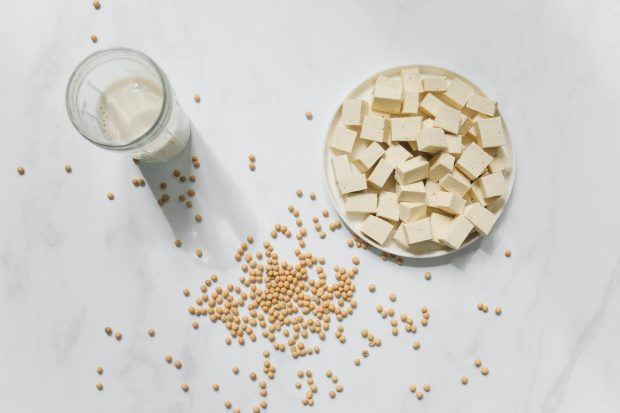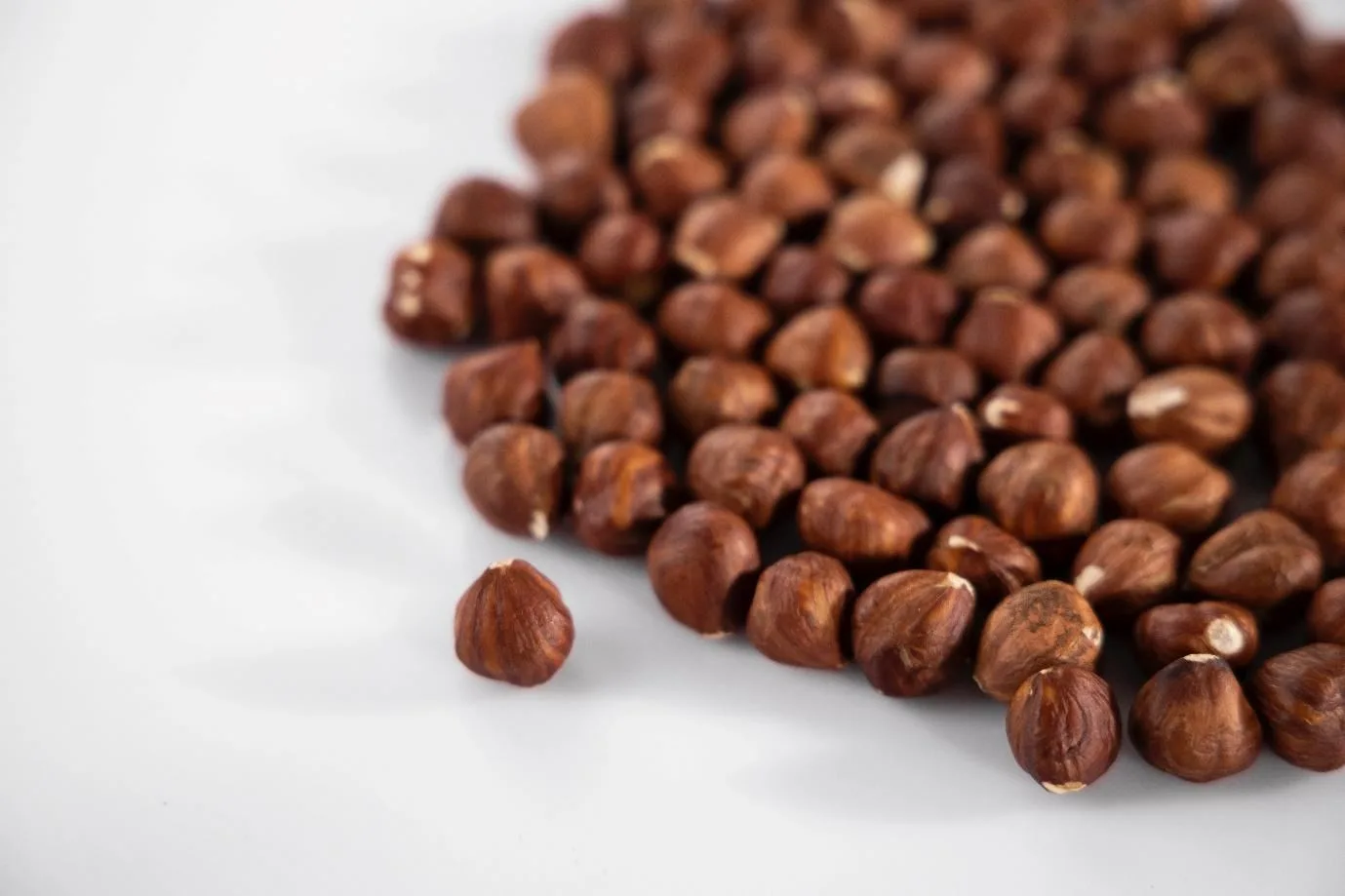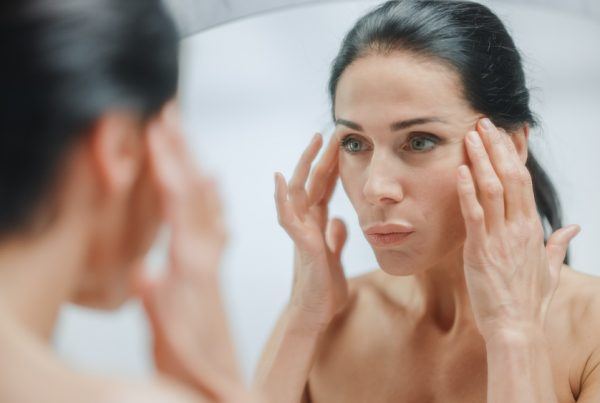If you’re looking for a natural way to promote healthy hair growth, soy might be the answer. Soy is a plant-based protein used for centuries in various forms, such as tofu, edamame, and soy milk. In recent years, research has shown that soy has numerous health benefits, such as improving cardiovascular health, aiding in weight management, and reducing the risk of certain cancers. But did you know that soy may also be beneficial for your hair?
This article will explore the six reasons soy is good for hair growth. From its high protein content to its rich essential nutrients, we’ll explore how soy can help nourish and strengthen your hair. So, if you’re looking to improve the health and appearance of your hair, read on to learn more about the benefits of soy for hair growth.
The benefits of soy for hair growth
1. High Protein Content
One of the main reasons why soy is good for hair growth is its high protein content. Protein is essential for the health and growth of hair, as it helps to strengthen and repair damaged hair. When your hair is damaged, whether from heat styling, chemical treatments, or environmental factors, the protein structure of your hair is compromised. This can lead to breakage, split ends, and a lack of overall strength and resilience.
By incorporating global soy use into your hair care routine, you can help to replenish the protein in your hair, improving its strength and elasticity. Soy protein is similar to human hair, making it highly effective at penetrating the hair shaft and providing nourishment from within. Many hair care products, such as shampoos and conditioners, contain soy protein as a critical ingredient to help improve the health and appearance of the hair.
2. Rich in Essential Nutrients
Soy is rich in essential nutrients that can benefit the hair. These nutrients include vitamins, minerals, and fatty acids that nourish and strengthen the hair.
For example, soy is a good source of vitamins B and E essential for healthy hair growth. Vitamin B helps improve the scalp’s circulation, stimulating hair growth. On the other hand, vitamin E helps nourish the hair shaft and protect it from damage. By providing your hair with these vitamins, you can help to promote healthy hair growth and prevent breakage and damage.
Soy is also a good source of minerals such as iron, zinc, and magnesium, which are important for healthy hair growth. Iron helps to transport oxygen to the scalp and hair follicles, which is necessary for healthy hair growth. Zinc is vital for producing collagen, which helps strengthen the hair shaft. Magnesium helps regulate sebum production, a natural oil that helps keep the scalp and hair moisturized.

Photo by Polina Tankilevitch
3. Reduces Hair Loss
Hair loss is a common concern for many people, and several factors, such as genetics, hormones, stress, and certain medications, can cause it. If you’re experiencing hair loss, you may be looking for ways to promote hair growth and prevent further loss. Soy may be able to help.
Research has shown that soy may help reduce hair loss and promote growth. One study found that soy protein can help inhibit the production of DHT (dihydrotestosterone), a hormone that can lead to hair loss. By inhibiting the production of DHT, soy may help reduce hair loss and promote hair growth.
4. Improves Hair Structure
Soy may also be able to improve the texture of your hair. By nourishing and moisturizing the hair, soy can help to make it softer, smoother, and more manageable.
One of the ways soy can improve hair texture is by providing the hair with essential nutrients such as vitamins, minerals, and fatty acids. These nutrients can help to nourish and moisturize the hair, making it softer and more manageable. Soy is particularly rich in fatty acids such as linoleic acid, which can help to moisturize and condition the hair. By providing the hair with these essential nutrients, soy can help to improve its texture and make it more attractive.
5. Suitable for all Hair Types
One of the great things about soy is that it is suitable for all hair types, including dry, oily, and combination hair. Whether you have fine, medium, or thick hair, soy can help to balance the scalp and hair, providing the right amount of moisture and nourishment for optimal hair health.
For those with dry hair, soy can help to moisturize and nourish the hair, reducing dryness and making it softer and more manageable. Its fatty acids, such as linoleic acid, can help to moisturize the hair and improve its texture. Soy is also rich in vitamins and minerals that can nourish the hair and improve its health. By incorporating soy into your hair care routine, you can help to nourish and moisturize your dry hair, leading to a healthier and more attractive appearance.
For those with oily hair, soy can help to balance the scalp’s oil production and prevent excess oiliness. As mentioned earlier, soy is a good source of magnesium, which helps to regulate the production of sebum, a natural oil that helps to keep the scalp and hair moisturized. By regulating sebum production, soy can help to balance the scalp and prevent oily, greasy hair.
6. Minimize Signs of Premature Aging
Another potential benefit of soy for hair growth is its ability to reduce signs of premature aging. Soybean oil, derived from soybeans, is rich in Omega 3 and 6 fatty acids, which have been shown to restore collagen and enhance the skin’s elasticity. These fatty acids may help to reduce the appearance of fine lines and wrinkles on the scalp, giving the hair a more youthful and healthy appearance.
Soybean oil also contains isoflavones, plant-based compounds that have been shown to have various health benefits. Some research suggests that isoflavones may help to prevent signs of premature skin aging in postmenopausal women. Applying soybean oil or soy-based hair care products topically to the scalp can help reduce the appearance of wrinkles and fine lines, resulting in a more youthful and attractive appearance.

Photo by Kelly Sikkema on Unsplash
Final Thoughts
Soy is a plant-based protein that has numerous potential benefits for hair growth. Its high protein content, essential nutrients, and ability to improve scalp health make it a valuable addition to any hair care routine. Whether you’re looking to reduce hair loss, improve hair texture, or reduce signs of premature aging, soy may be able to help. If you want healthier, stronger, and more beautiful hair, consider incorporating soy into your hair care routine to see the difference it can make.
Who is the author?

Jessica Smith
Jessica Smith has been freelancing for the last 6 years. She has worked with 450+ successful clients. She is a freelance writer and a proofreader. Her biggest inspiration is Heidi Cohen.





![women [longevity live]](https://longevitylive.com/wp-content/uploads/2020/01/photo-of-women-walking-down-the-street-1116984-100x100.jpg)








